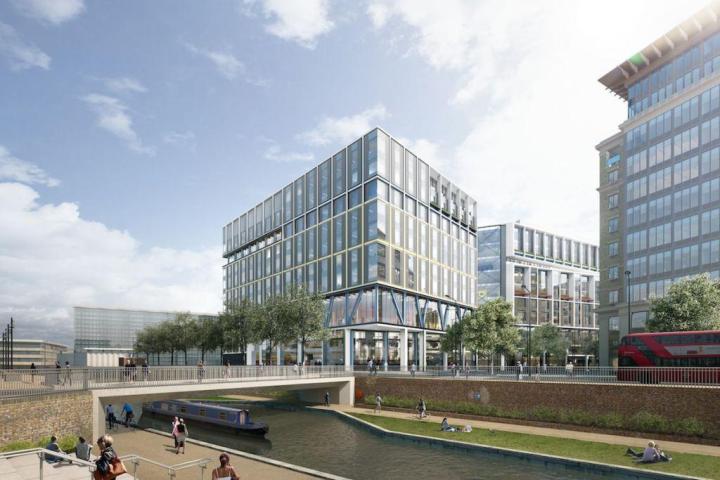
Perhaps the original plans weren’t quite wacky enough. Maybe there weren’t enough surprises. Whatever the truth is, Google has nonetheless decided to return to the drawing board for the design of its proposed UK headquarters in London.
The change of plan means the new offices will be unlikely to welcome Googlers until 2017, a year later than originally planned.

According to Business Design Online (via 9to5Google), Google has asked the building’s designers, architects Allford Hall Monaghan Morris, to come up with “a new design within the original floor plan that will push the boundaries of office design and better fit the needs of the local community.”
Google had little to say on the matter, except, “We have a great plan for the new building at King’s Cross but we want to challenge ourselves to do something even better for Google, King’s Cross and for the local community.”

News of Google’s plan to build new offices in the center of London first emerged in January, with the design green-lighted by the city’s Camden council a couple of months ago.
Assuming the Web giant sticks to its guns and only changes the interior plan, the structure should remain as an 11-story, 920,000-square-feet space, featuring a games area, rooftop swimming pool and running track, as well as a climbing wall that extends between floors.

New images of the proposed site published last week by business news site Quartz show a rooftop garden and cycle storeroom (Googlers will be able to cycle right into the building).
Presumably there’ll be a few desks inside the building too, but with Google, you never know.
Described by the Web giant as a “groundscraper” (it’s 330-meters long, not high, so it resembles a skyscraper on it’s side….sort of), the project is said to be costing the company around £650 million ($1.05 billion).


